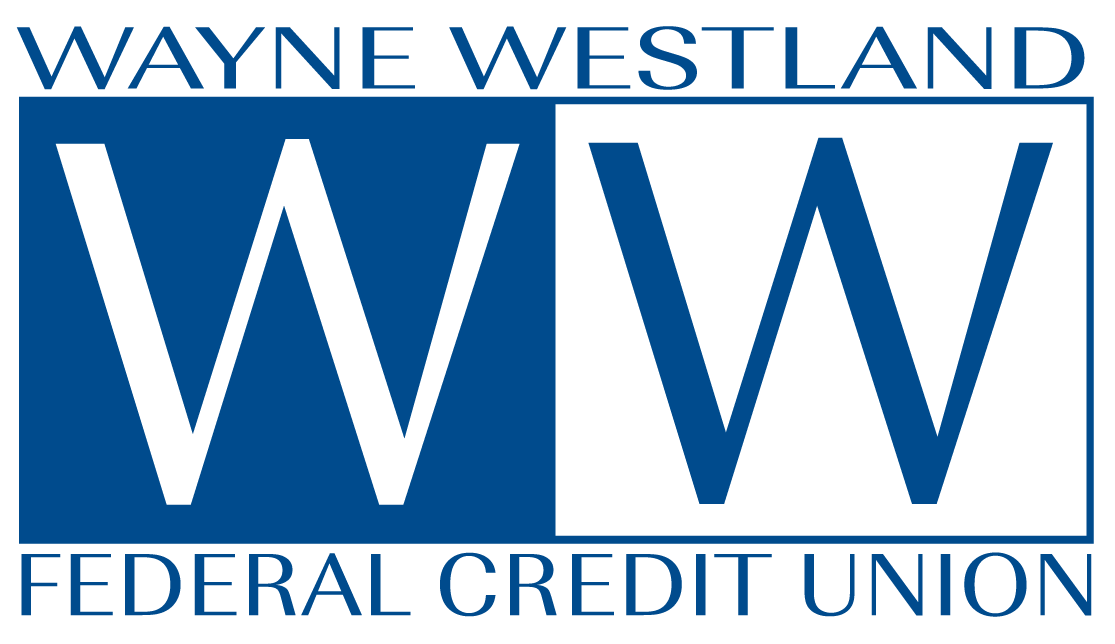If you’re considering replacing your vehicle, have you considered purchasing a used one? The perception of used cars can be somewhat negative. That’s why the market-friendly term “pre-owned” is now more widely used (forgive the pun). However, shopping for a used car can be tricky because every car has a unique, and often hidden, history. The following advice should help you navigate safely through a minefield of lemons.
Look for a Car That Fits
Make a list of the features and qualities that you need from the car. For example, do you drive long miles and require good fuel efficiency? Then, make another list of what you’d like. It’s okay to go after a few bells and whistles or sleek styling, but only after you’ve determined the vehicle will be able to meet your driving demands. These lists will help you pick a few models to investigate. Lastly, do a quick online search to see if any of your chosen models have had major recalls.
History Repeats Itself
If the car you’re looking at has had problems in the past, it will probably have similar problems in the future. Ask the owner or dealer for the car’s VIN number so you can check its history. There are a number of companies that keep records of incident reports, like AutoCheck and CARFAX., Sometimes report details vary by company, so be sure that you don’t miss anything, it’s a good idea to check the VIN with more than one company.
Needless to say, if the seller won’t provide a VIN, you shouldn’t spend any more time looking at the car. No matter how sweet the car appears on the outside, you don’t want to gamble on what’s under the hood.
Do Your Own Due Diligence
Have the vehicle checked out. It’s possible that there has been a recent problem or issue that hasn’t been reported yet. Ideally, you would bring it to a mechanic you trust. If this isn’t a possibility, then bring a knowledgeable friend or a vehicle inspection checklist (easily found online) to over the car.
Finding Fair Prices
Compare the listings from the National Automobile Dealer’s Association, Edmunds, and Kelley Blue Book to get an idea of what you should be paying. Actual prices will probably vary, but you’ll have a starting point for negotiation.
If you have a smartphone, check to see if there are any used car pricing apps available. These apps collect information about what other users have recently paid for the same or similar model cars. The results can be hit-or-miss if there’s not much data available, but if there is, then you’ll be in a stronger negotiating position. You might even find some better deals.
Try Before You Buy
If everything else seems to check out, take the car for a test drive or two. You want to see how it fares in as many common traffic situations as possible. Take it up to speed on the highway to check for brake alignment or wheel defects. Drive in a city during rush hour to put the transmission through its paces. A slow drive through a neighborhood will let you experience the car’s handling.
A Word About Warranties
Many of the cars that you look at will have certification or a warranty. Don’t rely solely on these read the fine print to see what’s actually covered. And remember: even if you trust the seller or dealer, don’t skimp on your own inspection.




